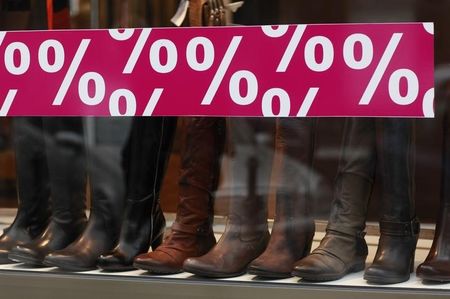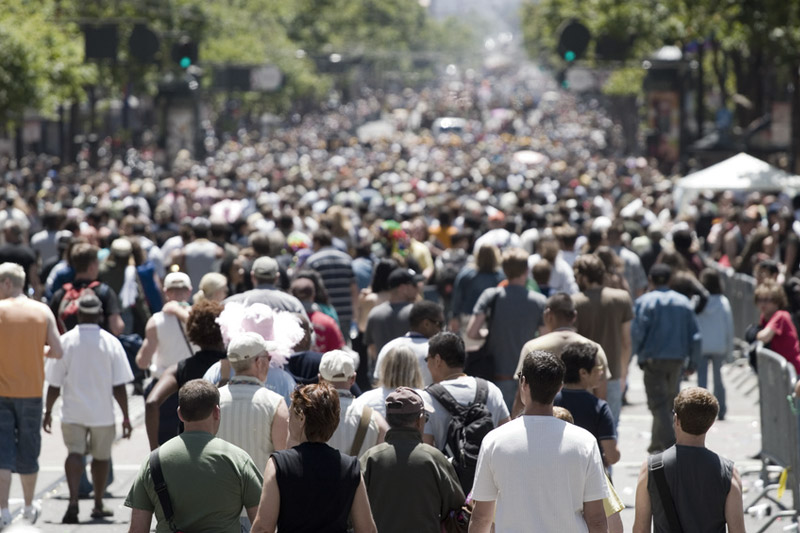BERLIN (Reuters) - German retail sales posted their biggest monthly decline in more than seven years in September, data showed on Friday, a sign that consumers cannot be relied on to prop up Europe's largest economy.
Data from the Federal Statistics Office showed retail sales, which are notoriously volatile and tend to be extensively revised, dropped by 3.2 percent in real terms compared with August - their biggest drop since May 2007.
The reading undershot the consensus forecast in a Reuters poll for a 1.0 percent drop and came after a revised 1.5 percent rise in August.
"A drop had been expected after the strong August, but not this kind of dramatic fall. It's bad because it makes a recession in Germany more likely," said Holger Sandte, an economist at Nordea Bank.
The German economy had a strong start to 2014 but contracted in the second quarter. Fears about a recession - defined as two consecutive quarters of declining economic output - are now rife, partly due to a faltering euro zone and depressed investment climate caused by political crises abroad.
The disappointing retail sales figures come after a slew of discouraging data, which have shown industry orders, output and exports all plunging at their steepest rate since the height of the global financial crisis in 2009.
"Pressure on the ECB (European Central Bank) is growing as things are not going well even in Europe's largest economy," Sandte said.
The German government is banking on domestic demand to boost growth this year, while exports are expected to be weak. Record- high employment, rising wages, moderate inflation and low interest rates should help to boost consumer sentiment.

From January to September, retail sales rose 1.3 percent in real terms compared with the same period last year. The HDE retail association expects them to rise 1.5 percent this year.
(Reporting by Michelle Martin and Rene Wagner; Editing by Larry King)
